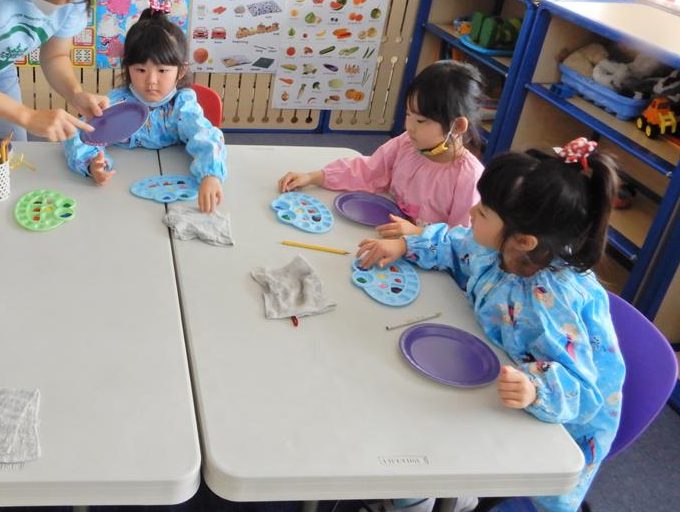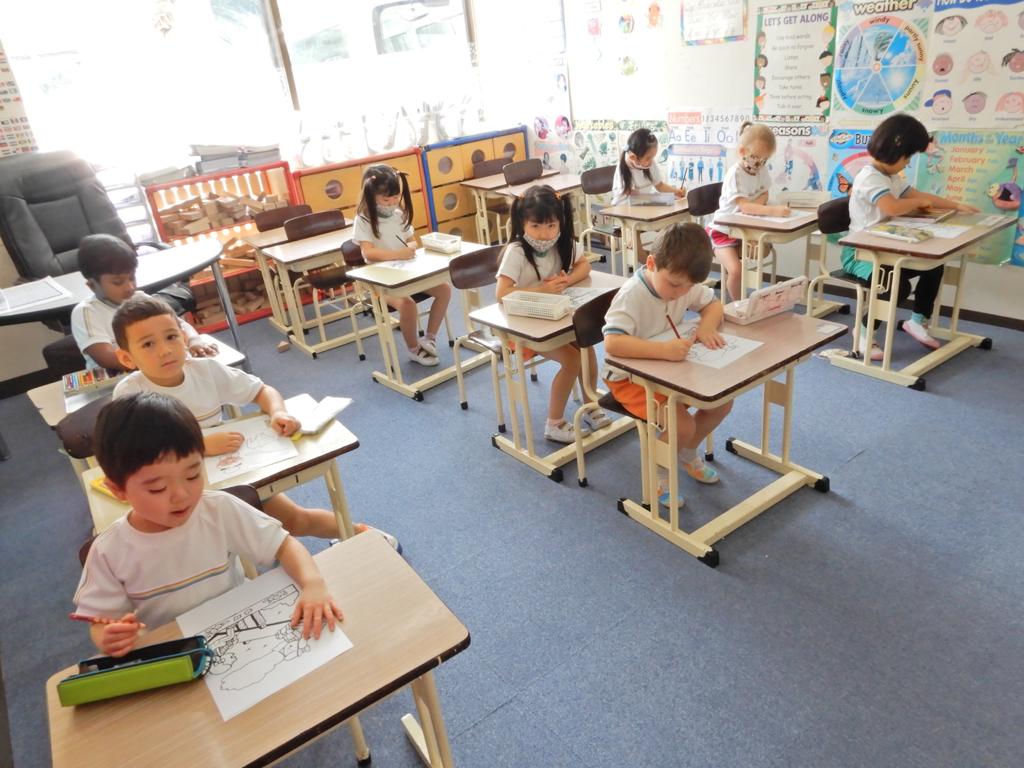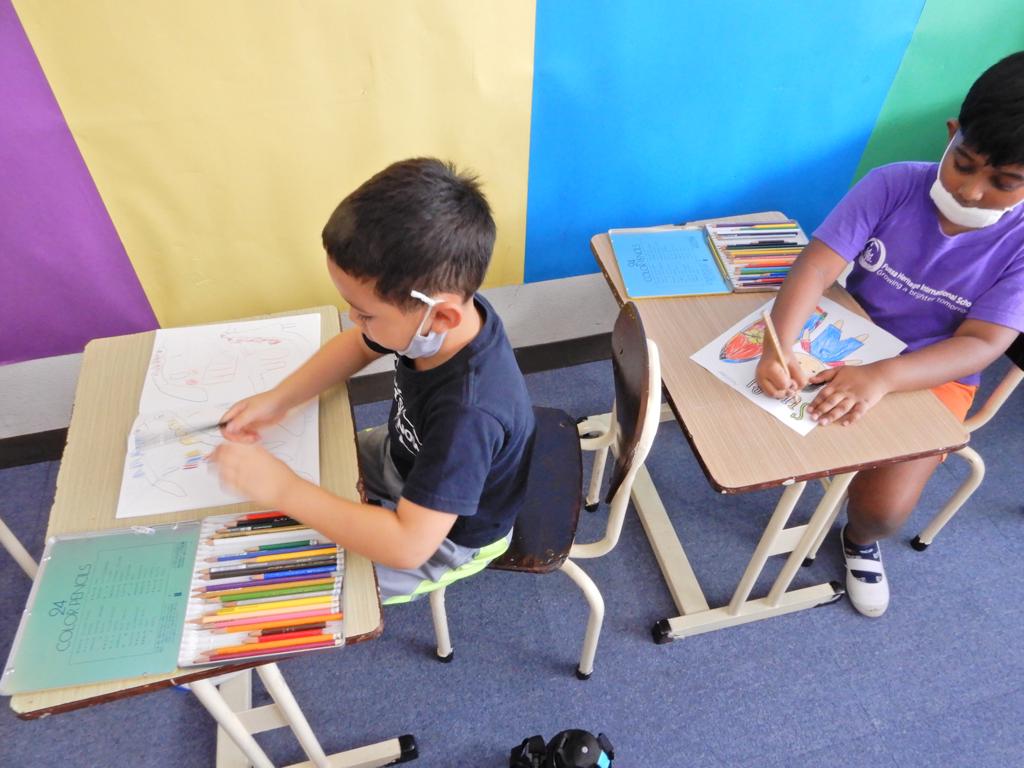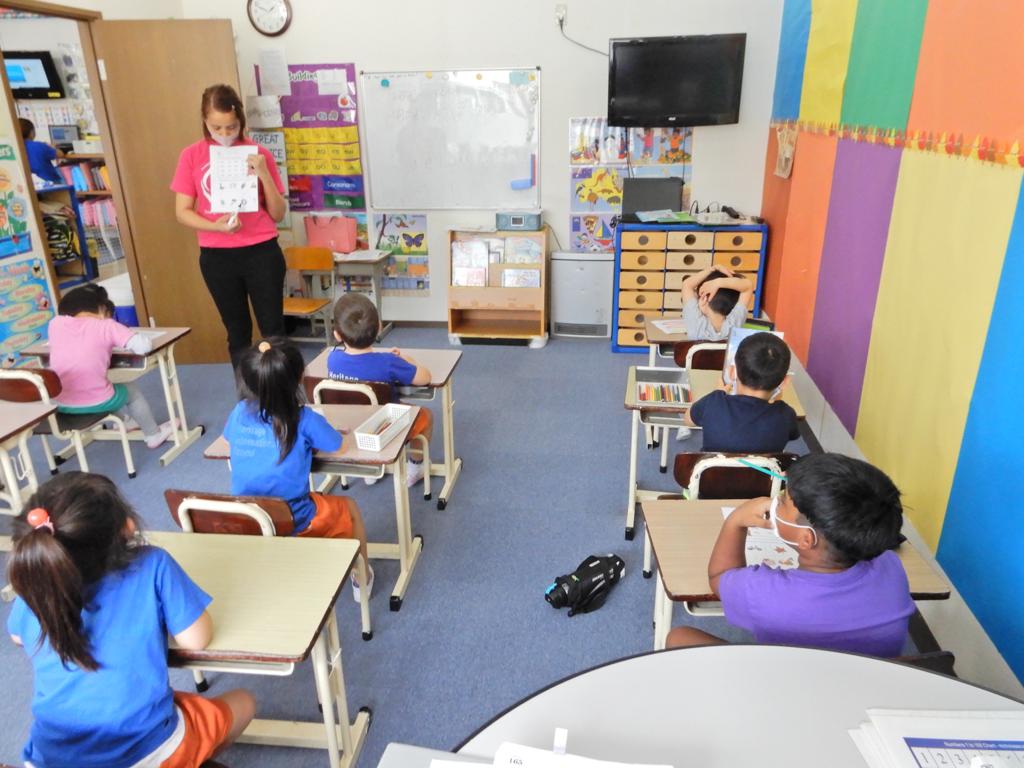Kindergarten 5-6years
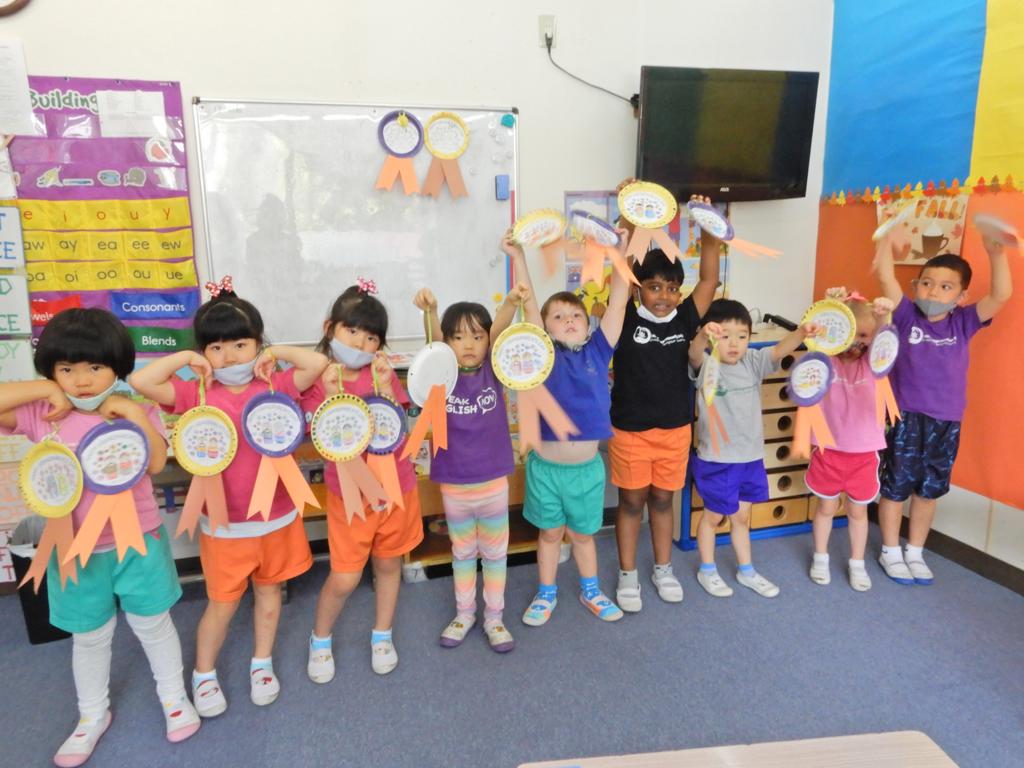
Children are valued for who they are today, and as the future parents and leaders of tomorrow.
We focus on Themed units that encourage your child’s curiosity, increase confidence, and support self-directed activities. Through independent exploration, structured activities, and hands-on learning, children develop a variety of skills and knowledge in areas like mathematics, science, and social skills. There will be focus throughout this year on mastering letters, sounds, and words.
Our program includes:
- Hands-on experiences designed to boost problem solving and scientific thinking skills
- Daily small-group and whole-group activities
- Structured routines and understanding rules and responsibilities.
- Small-group lessons focused on mathematics, and literacy
- Whole-group activities that help your child build an awareness of others and a sense of community
- Hands-on experiences that encourage independent, creative learning
Here are the important learning milestones children will typically achieve in kindergarten:
Letters and Sounds
By the end of kindergarten, children will be able to recognize, name, and write all 26 letters of the alphabet, both uppercase and lowercase. They will know the correct sound or sounds that each letter makes and they will be able to read about 30 high-frequency words — also called “sight words” — such as and, the, and in.
Children learn through repetition, so we read the same favorite books over and over, ask questions, and encourage children to say simple words aloud. We have children say the words they see on street signs, billboards, and computer screens, or have them search for high-frequency words in a magazine.
Writing
In class, children will be taught to write simple CVC (consonant, vowel, consonant) words, such as hat, red, and dog. They will also write short, simple sentences such as “The cat ran home.”
Numbers and Counting
Children this age will learn to recognize, write, order, and count objects up to the number 30. They will be able to add and subtract small numbers (add with a sum of 10 or less and subtract from 10 or less); this focus on addition and subtraction will continue through second grade.
Shapes and Objects
Children will learn how to name and describe common shapes (circle, square, triangle, rectangle) and to identify, sort, and classify objects by color, size, and shape.
Time and Seasons
Kindergartners will be able to identify the time of everyday events to the nearest hour. They will understand, for example, that they leave for school at 8:00 in the morning or that they eat dinner at 6:00 in the evening. But it will still be hard for them to grasp fully the concept of time because they’re concrete thinkers and time is abstract. We help children understand the concept of time by saying what time it is during routine activities. Use and explain words like morning, noon, night, yesterday, today, and tomorrow. Make a timeline together showing a typical day, with drawings of regular events and the time of day written beneath each one. In addition to learning about time, 5- and 6-year-olds can name the four seasons, find pictures illustrating the seasons (colorful leaves, snow, blooming flowers) and discuss what children sees in them. Talk about the types of clothing we wear during each season.
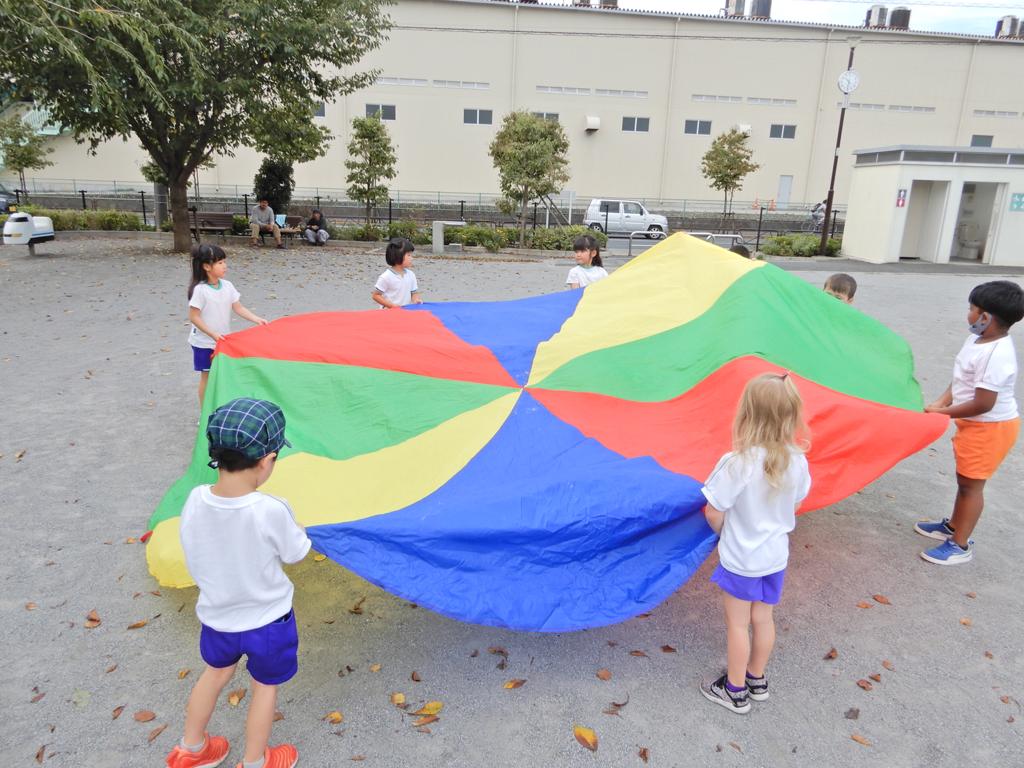
Details
- Age : 5-6 years
- Time : Mon.~Fri. 9:00~14:00
- Details : For details and fees, please contact us directly. TEL:0120-970-250

